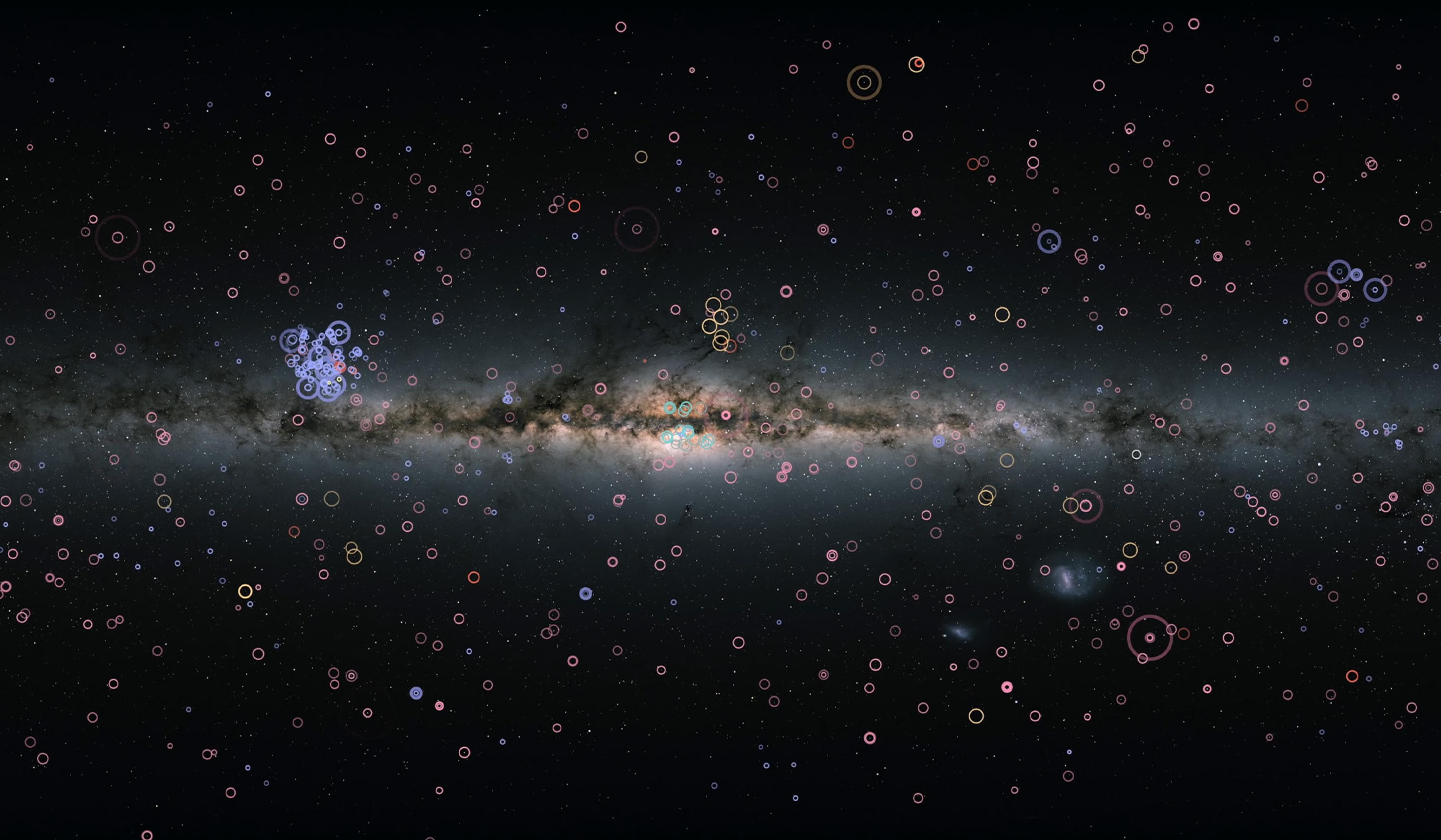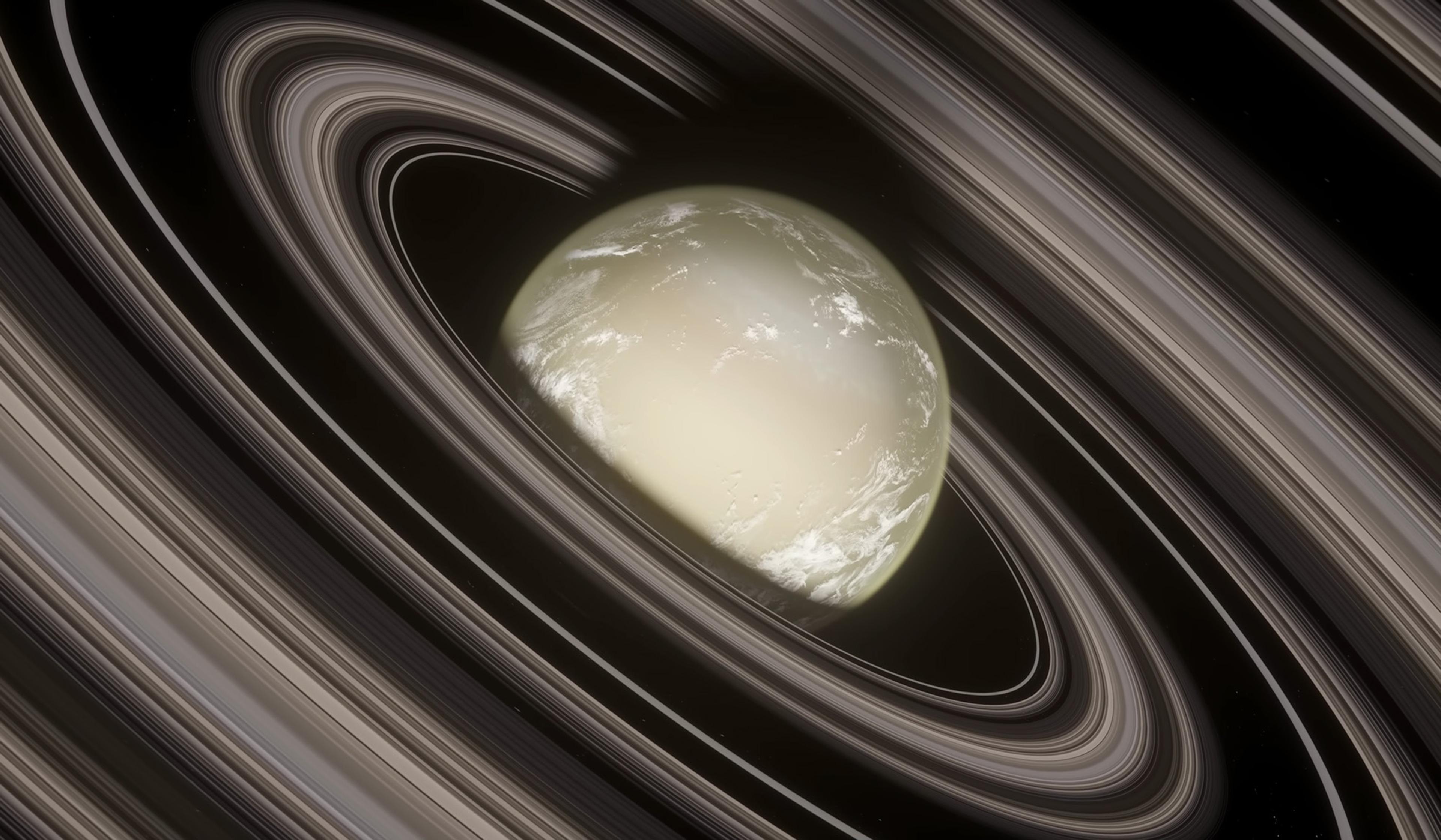Planets aren’t rare. Life is surprisingly durable. The more we’ve learned about the Universe, the more the search for extraterrestrial life has shifted from science fiction to serious scientific undertaking. So it’s worth considering how humanity would react if we learned, through some distant but unmistakable signal, that lifeforms elsewhere in the Universe were communicating with us. In this interview, Seth Shostak, senior astronomer at the Center for SETI Research in California, discusses how first contact is more likely to be perspective-shifting than Earth-shattering.
Imagine alien signals are detected. Here’s what happens next
Producer: Marco Patricio
Director: Stuart Langfield

videoAstronomy
Finding alien life raises huge ethical questions. Finding we’re alone does, too
6 minutes

videoAstronomy
Life is durable and Earth-like planets aren’t rare. So where are all the aliens?
6 minutes

videoAstronomy
The history of astronomy is a history of conjuring intelligent life where it isn’t
34 minutes

videoAstronomy
Finding alien life demands real imagination – not recycled sci-fi tropes
5 minutes

videoSpace exploration
How do you message an alien? Carl Sagan offers some simple suggestions
8 minutes

videoAstronomy
Why exomoons could be astronomy’s next big breakthrough
35 minutes

videoAstronomy
From zero to 5,000 – music and visuals express 30 years of exoplanet discoveries
1 minute

videoBiology
The idea that life on Earth originated elsewhere is not as far out as it seems
6 minutes

videoSpace exploration
Burning ice, metal clouds, gemstone rain – tour the strangest known exoplanets
31 minutes